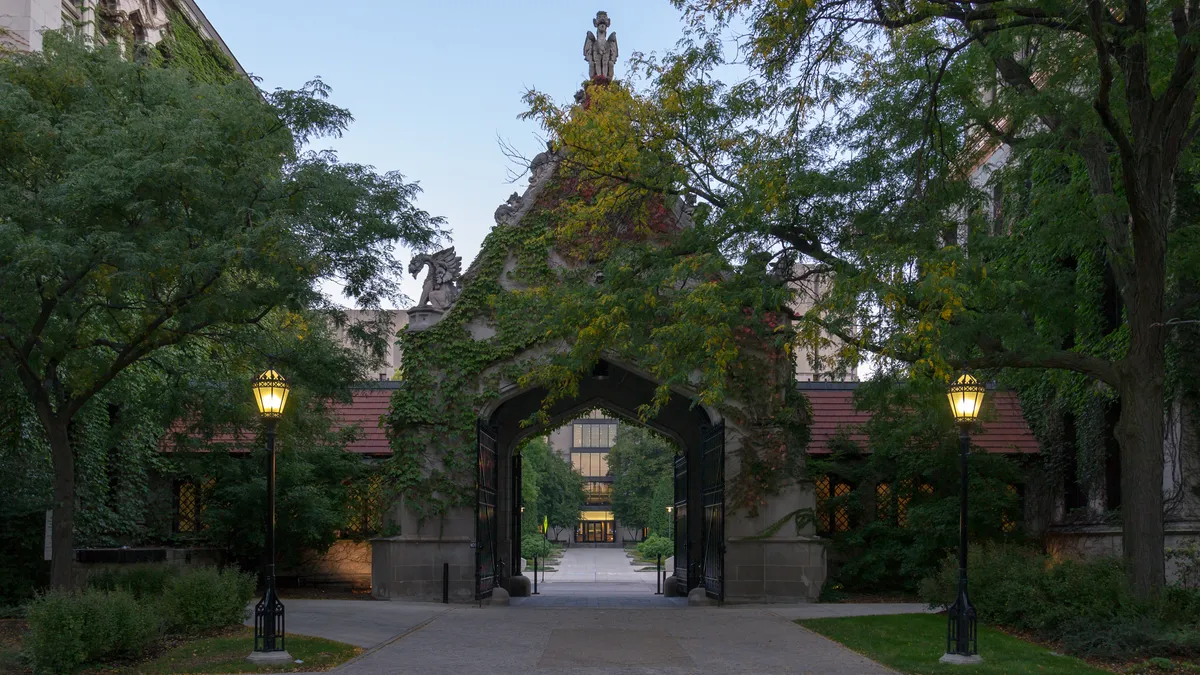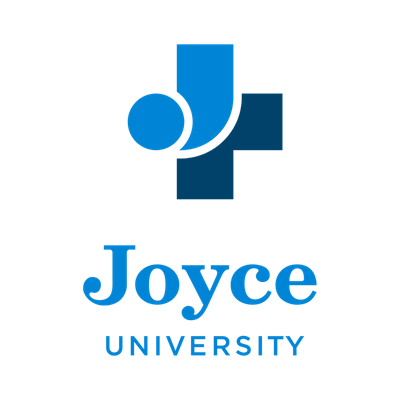Dive Brief:
- The Wall Street Journal profiles the growing culture of making higher education more accessible for adult learners. With 41% of students over the age of 25 and likely trying to balance school, work and family, students are receiving financial support to eliminate gaps in financial need after loans are applied to tuition costs.
- States like Tennessee and Indiana are using grants tied to workforce development or credential attainment to entice adults to enroll. Tennessee’s Reconnect Scholarship program pays tuition and fees for students enrolled at any public technical or community college or applied technology institution, while Indiana’s Workforce Ready grant funds enrollment in programs for construction, health sciences, manufacturing and other technical trades. Both programs require students to apply for federal financial aid as a prerequisite for receiving the state grants.
- Some four-year institutions are using competency-based and prior learning models to propel adult students to faster completion. For instance, at the University of Louisville, students can earn more than a third of 120 credits required for an undergraduate degree through demonstrated aptitude in certain knowledge and skill areas.
Dive Insight:
Adult learners already comprise the largest portion of the U.S. college student population, and that number will likely grow as college education costs continue to increase and as businesses become leaner with technology. But states will have to contend with potential obstacles in academic service delivery and support services for this group, which may not have easily identifiable funding sources.
Child care subsidies and day care centers on campuses have decreased, and hunger is rising as an issue for many college students. As these issues continue to directly impact persistence, institutions and states may have to recalibrate fundraising objectives and enrollment management strategies to accommodate the new ‘traditional’ students. Some universities like Tufts and Harvard are enticing adult students by offering programs that include meals on campus with others in their programs and books delivered to their homes.







